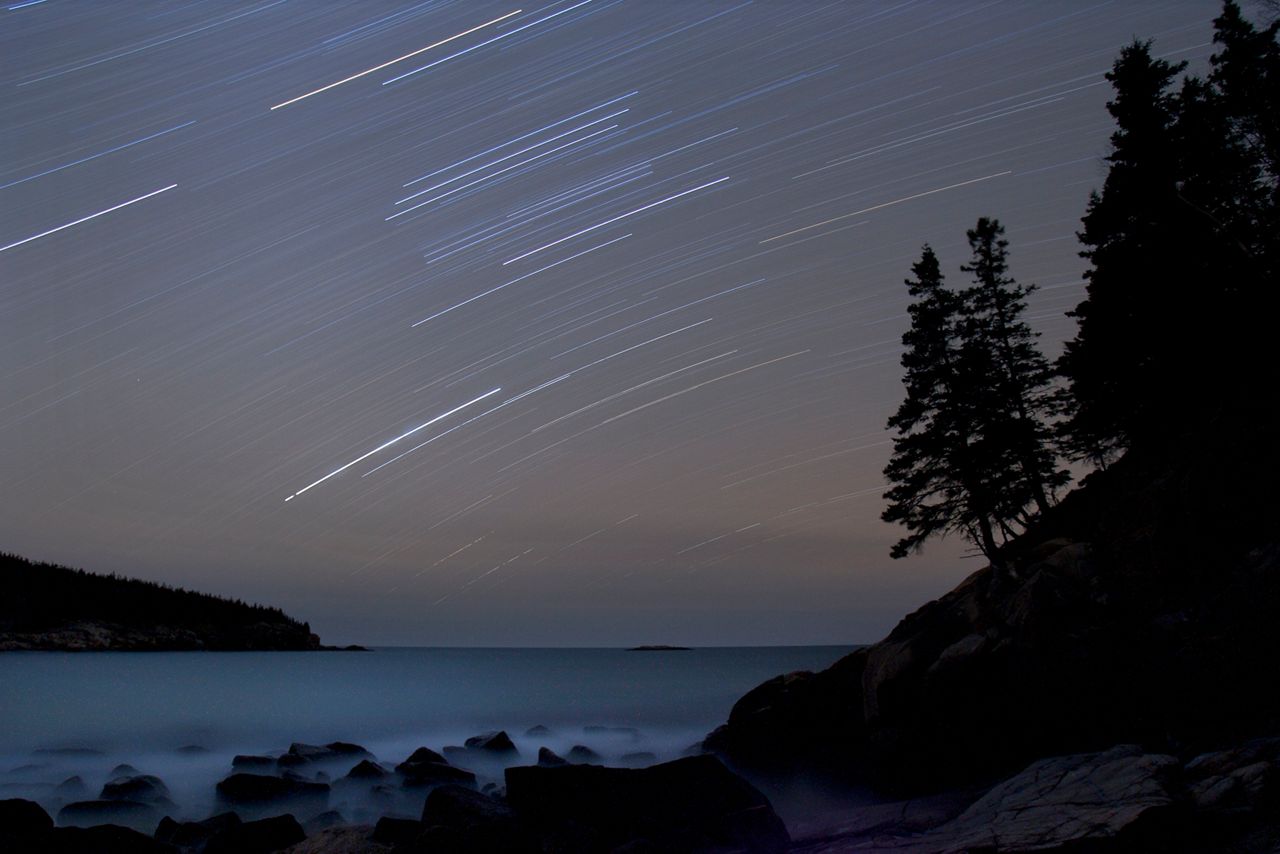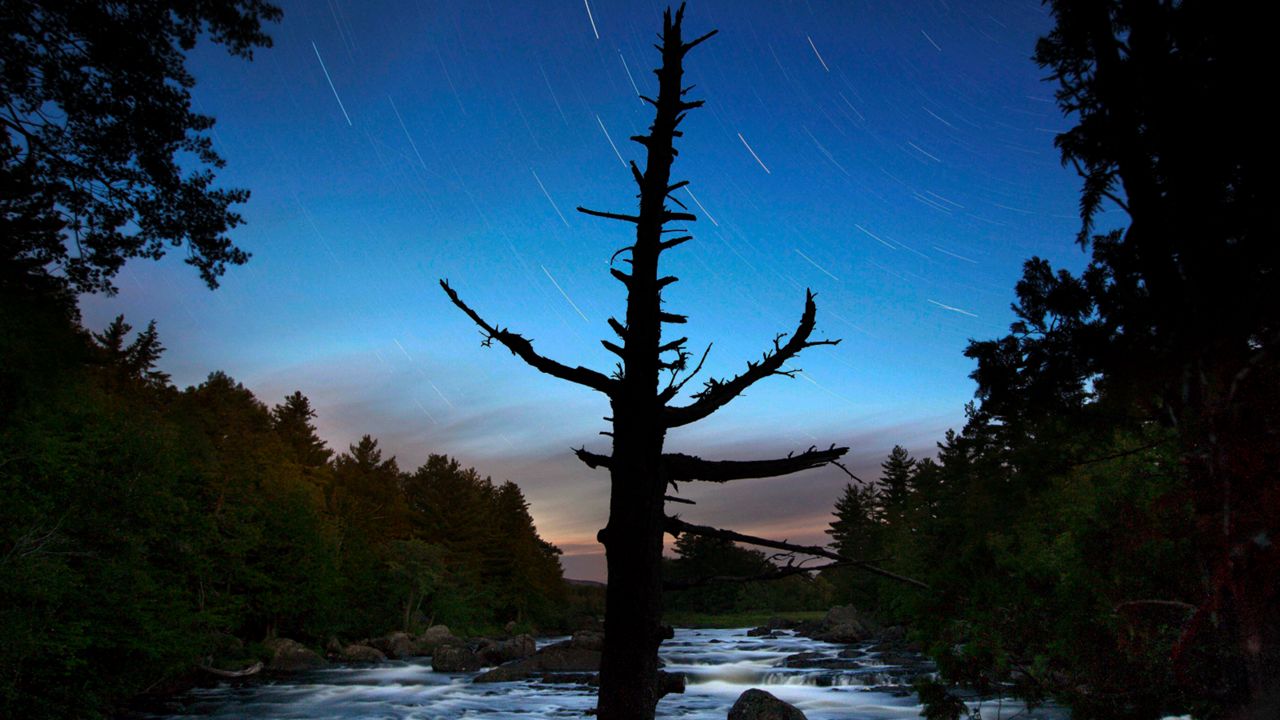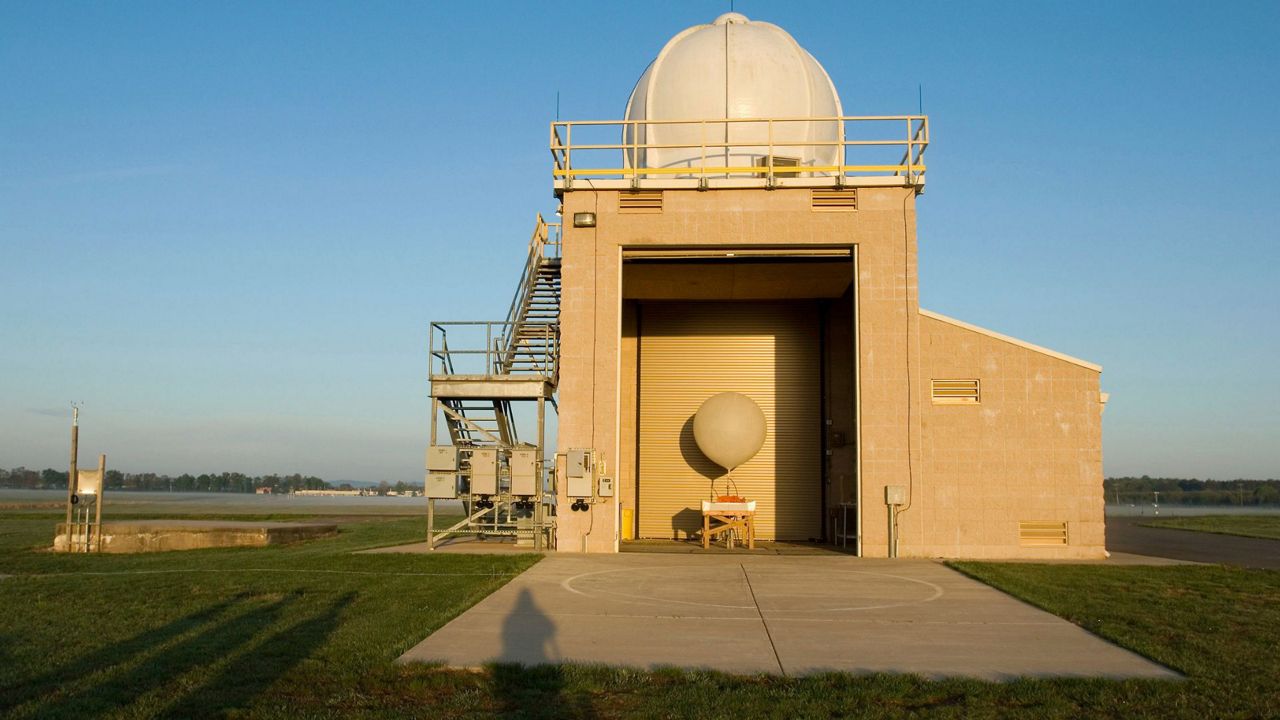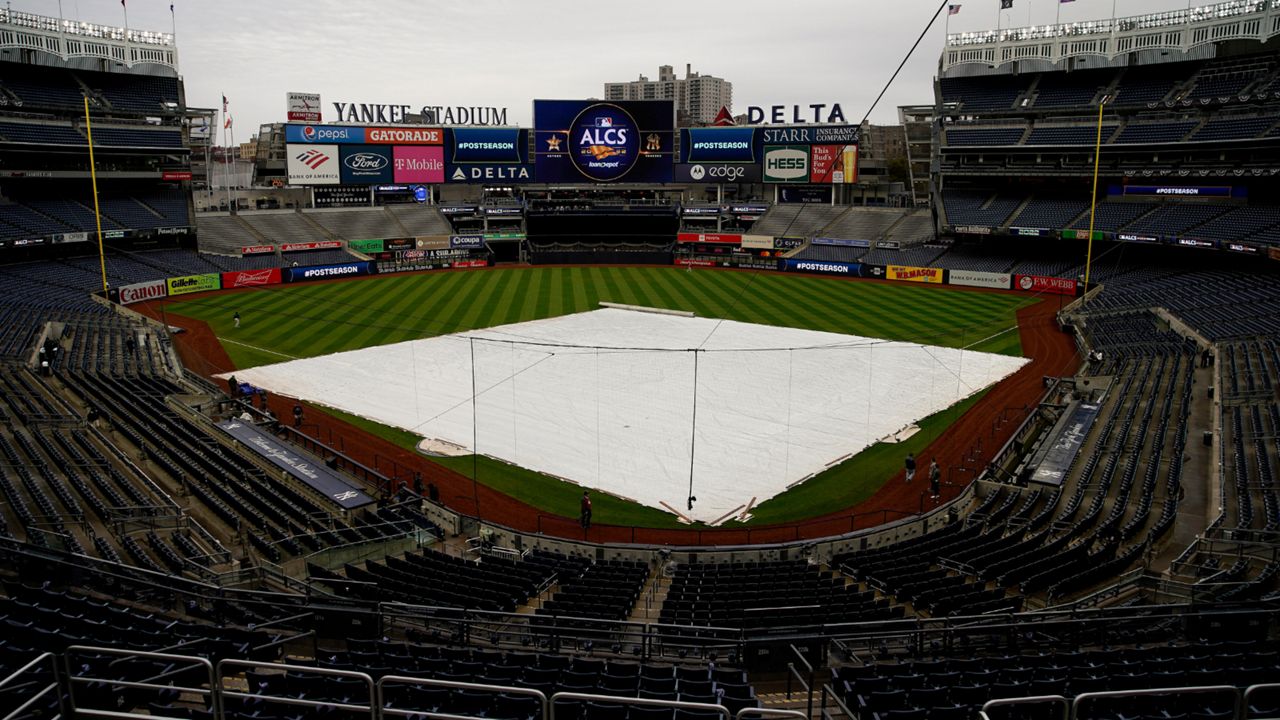Although the days may be longer, there is nothing quite like enjoying a calm, maybe a little balmy summer night.
Provided there’s little to no clouds around, many marvel at the infinite number of stars and planets dotting the pitch black sky, most which are several light years away.
Despite being one of the country's most densely populated regions, the Northeast still preserves many great spots for gazing up at the night sky.
While the cold, dense air during the winter months typically offers the clearest views, there’s something about the summer months that makes stargazing much more appealing. Perhaps it has something to do with the warmer temperatures?
Regardless of when and where you go, one thing holds true: there is always something to look at provided the weather cooperates. To see what's in store the rest of the year, check out our celestial calendar.
The U.S. offers plenty of great locations for those captivated by starlit skies- some more notable than others. Most national parks serve as ideal spots. But having the option to stargaze close to home is comforting and convenient.
Weather permitting, of course, the most suitable locations to stargaze include areas with minimal obstructions of the sky and have little to no light pollution. This rules out any places inside or within proximity to our bustling cities.
That said, it is also better to wait until after midnight or the predawn hours when it is the darkest.
Astronomers also advise that you plan your trip in the days right before, during and after the new moon. Believe it or not, the brightness of the full moon alone can sometimes be enough to limit views regardless of where you are.
The Northeast may contain some of the county’s most bustling cities, but Maine is a hidden gem for stargazing. The state’s vast wilderness and numerous parks create the ultimate conditions for looking up at the night sky.
Despite the copious number of options, Acadia National Park is always a safe choice for first-time visitors. While the park offers a host of activities during the day, it also serves as a suitable spot for summer stargazing.

In fact, when skies are clear, park guests could even spot the Milky Way during July and August.
Locals living or spending time Downeast can enjoy a starlit sky on the campgrounds of Cobscook Bay State Park. Those planning a visit in late August could attend the Maine State Star Party hosted by the Downeast Amateur Astronomers.
This year’s event will take place on Aug. 11-13, where party-goers can enjoy a fun-filled evening playing Astronomy Jeopardy, listen to guest speakers and get the chance to view the universe through large telescopes.
For those seeking the darkest skies, Katahdin Woods and Waters National Monument is the place to go.
Near the center of the state, the International Dark-Sky Association (IDA) named the monument as an International Dark Sky Sanctuary, making it the first in the Northeast. Those seeking to find hard-to-see stars east of the Mississippi River, this is your spot.
What’s summer in New England without Cape Cod? Known for its rich fishing industry, picturesque beaches and charming towns, the popular vacation spot has another perk during the summer months: its beautiful star-filled skies.
One of the darkest places to offer the best views of the night sky is the Cape Cod National Seashore.
At the tip of Cape, nearly 60 miles away from the bright and bustling city of Boston, Cape Cod National Seashore is a sweet escape for those looking to take a break from a fast-paced lifestyle.
While there is plenty to see and do during the day, the nighttime views of the sky are a bonus. Once the sun sets for the day, visitors will look up to thousands of stars, and could even spot Milky Way on the clearest nights.
For those looking to stay closer to Worcester, Wachusett Mountain State Reservation and Petersham State Forest are also great spots located in Central Massachusetts. Both are only between a 30 to 60 minute drive, respectively.
New York City seems to offer a plethora of activities and events during the summer months, but stargazing is not one of them and for a good reason. The city that doesn’t sleep stays lit up all night long, limiting views of the sky.
The real stars shine the brightest upstate.
In particular, Allegany State Park comes to mind. Its remote location near the Pennsylvania border makes it one of the darkest places in the state, allowing for incredible views of the night sky.
Large in size, Allegany State Park contains many great star gazing spots. Yet, experts claim the southern end of the park near Quaker Lake provides the best views.
Keep in mind, though, the park closes at dusk, so only those who book a cabin or campsite within the park can stay overnight.
Between Buffalo and Rochester, Golden Hill State Park is worth a visit, especially during the late summer months. Right along the southern shore of Lake Ontario makes it an ideal place to enjoy summer activities during the day and to see the stars at night.
Through mid-August, visitors can enjoy the Perseid meteor shower, provided weather doesn’t get in the way. Even if your trip falls later in the month, you still might catch a glimpse of the Milky Way; late summer is the best time to see it here.
There are closer options for those dwelling or planning to stay in the Hudson Valley, too. Astronomy lovers looking to expand their knowledge can visit the Dudley Observatory at the Museum of Innovation and Science in the Capital Region.
As the country’s oldest non-academic institution for astronomical research, the observatory hosts many hands-on events where visitors can learn more about the universe along with having access to view the moon, stars, planets and even the sun!
Before you head there, check out the observatory’s webpage or follow along on Facebook to read the frequently updated “Skywatch Line".
Our team of meteorologists dive deep into the science of weather and break down timely weather data and information. To view more weather and climate stories, check out our weather blogs section.
Shawnie Caslin - Digital Meteorologist
Shawnie joined Spectrum News as a Digital Meteorologist in 2021. After discovering her love for weather as a child, she earned a Bachelor's of Science in Meteorology from Rutgers University in 2015. Prior to joining Spectrum, Shawnie worked behind the scenes at local and national networks as a meteorologist and weather graphics producer in New York City. She thoroughly enjoys working in the media and is always passionate to explore the different ways weather impacts our everyday lives.








